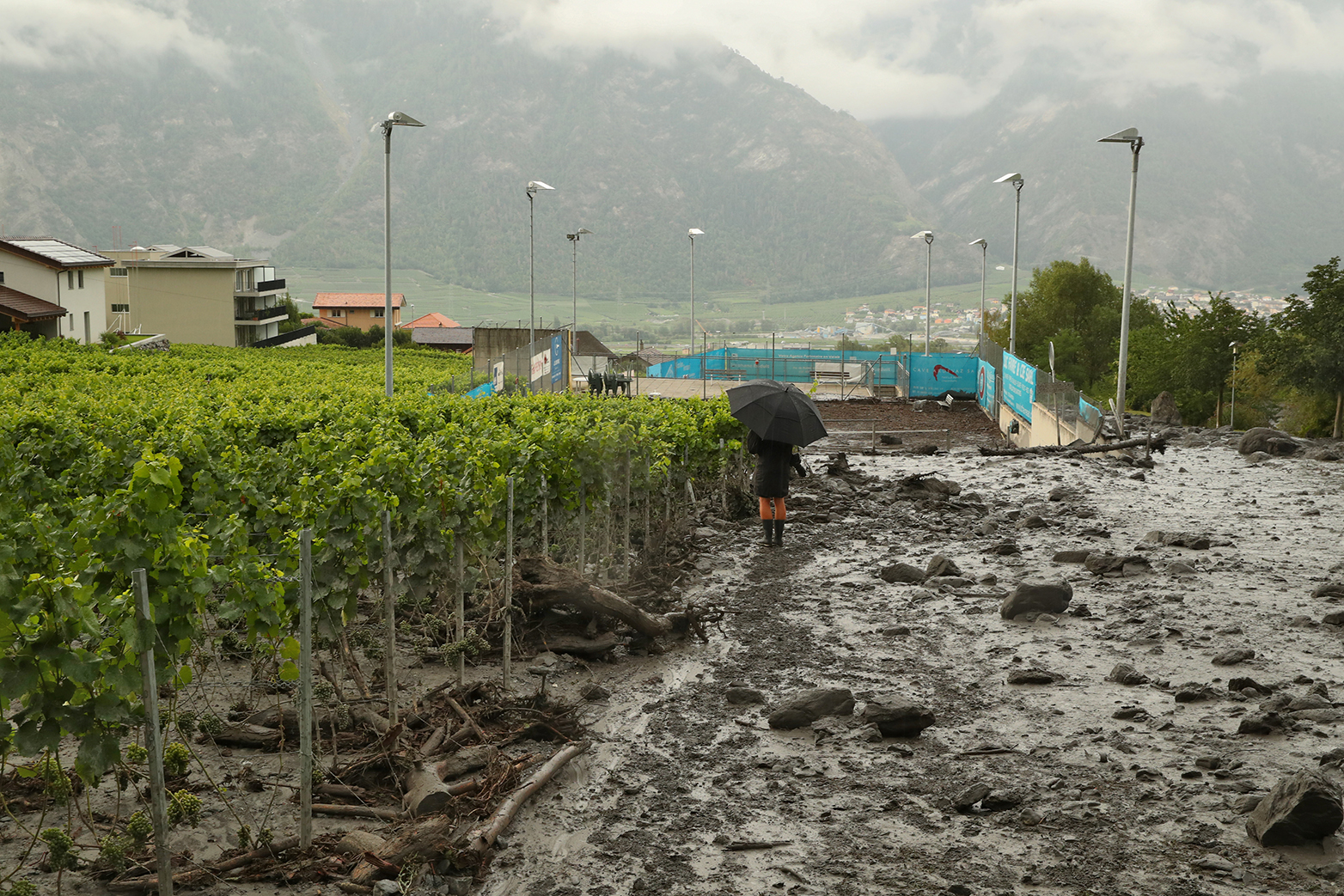Climate Change in the Swiss Alps
Climate change will increasingly impact everyday life in Switzerland. Collaboration and swift adaptation measures are required to mitigate and cope with the consequences, argue Christine Eriksen and Andrin Hauri in this CSS Analysis.

Climate change is not an abstract threat, the consequences of which will affect us at some distant point in the future. Its effects are already felt across the globe, as evidenced in the Intergovernmental Panel on Climate Change’s Sixth Assessment Report. The Copernicus Climate Change Service recorded 2020 as the warmest year on record in Europe – at least 0.4 degrees warmer than the previous top-five years, all of which have occurred since 2010. Landlocked regions tend to heat up faster than coastal regions, as they lack the cooling influence of the sea. There is also mounting evidence that higher elevations warm faster than lower elevations. The impact of climate change on alpine regions, such as the Alps, is particularly noteworthy.
